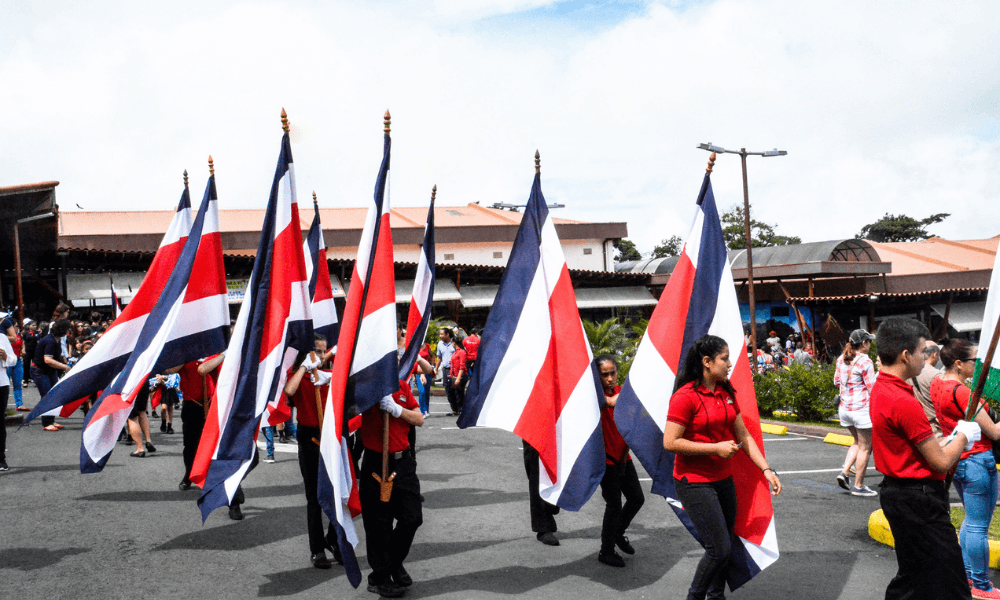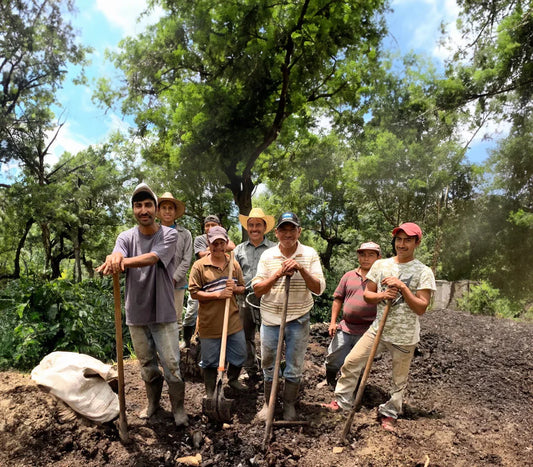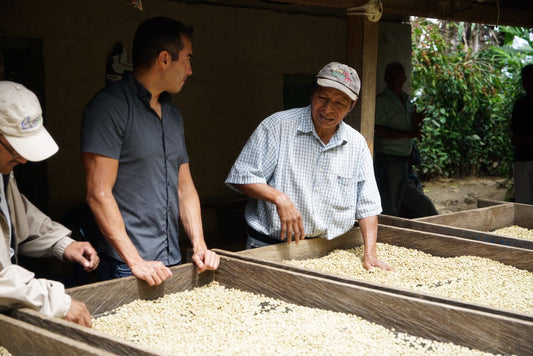
Unlocking the Significance of Independence Days in Latin America
Independence Days are deeply ingrained in Latin American societies, symbolizing the triumph and steady sovereignty over colonial rule.
Jump to:
In the busy streets of Bogotá, Colombia, Carlos Hernández navigates the crowd with a lively spirit. Dressed in a traditional Colombian guayabera shirt with colorful embroidery, he stands behind his small cart filled with handcrafted souvenirs and crafts. He is a local street vendor.
Celebrating Cultural Heritage and National Identity
Hernández, a passionate advocate for preserving Colombian cultural heritage, has transformed his street vending business into an opportunity to educate both locals and visitors on the country’s history of colonialism, challenges and triumphs. In Colombia, Independence Day is an important day that commemorates and reflects on the nation's history and progress.
Just as Hernández is dedicated to preserving Colombian cultural heritage, Dr. Ana María Gómez is a historian, cultural expert and advocate for the collective cultural pride of Mexicans. The historic call for Mexican independence, led by the rallying cry of Miguel Hidalgo back in 1810, is commemorated throughout the country on September 16th. Known as “El Grito” (The Cry), the day is celebrated in true Mexican fashion: family, friends, fireworks, fiesta and - of course - food!

Liberation from Colonization
But behind the laughter, brightly colored costumes and jubilation, lies the historical significance of these celebratory days.
Independence days are reminders of the enduring legacy of colonization and the relentless pursuit of liberation. They mark the end of oppression, and the beginning of freedom for many previously colonized Latin American countries. They are milestones that represent victory over centuries of oppressive colonial rule.
Independence Day in Argentina, which is celebrated on the 9th of July, is a commemoration that reflects the nation's fight against colonization. Argentine historian Dr. Eduardo González, expresses that Independence Day signifies the “culmination of tireless resistance against foreign domination and the dawning of a new era." The day serves as a powerful reminder of Argentina's journey to assert its sovereignty.
Colonization has undoubtedly left Latin American countries with deep scars; such abrasive marginalization and subjugation of indigenous peoples and Afro-Latinos is not easily forgotten. Colonial traces have left behind lingering inequality, ethnic division, and struggles for land rights and cultural preservation even to this present day. Thus, independence days are a time to pause, reflect, recognize, and propel social progress.

Onwards and Upwards
Independence days in Latin American countries are not only an opportunity for reflection and evaluation of democratic values, but to inspire nations to address social challenges and foster unity in their collective journey towards a brighter future.
In Uruguay, education is a key conversation during independence day events, with a focus on promoting literacy, access to quality education, and lifelong learning. By emphasizing the importance of education, Uruguay sets the stage for a prosperous future driven by knowledge and skill development.
Independence Day in Uruguay is also a catalyst for progress in other areas: encouraging civic engagement and providing opportunities for dialogue between the government and the people. Public forums, town hall meetings, and other civic activities foster a sense of ownership and collective responsibility in shaping Uruguay's future.
Meanwhile, celebrations in Colombia prioritize peace and reconciliation. Its Independence Day is packed with events and activities that promote dialogue and healing among communities affected by decades of armed conflict. The government, in conjunction with various aligned organizations, hold peace-building workshops, art exhibitions, and cultural performances that foster understanding, forgiveness, and social cohesion. Through these initiatives, Colombia aims to overcome past divisions and build a brighter future.
Costa Rica, a country known for its commitment to environmental sustainability, uses Independence Day to drive forward this ethos. Recent years’ campaigns include initiatives such as tree-planting, where citizens and organizations come together to plant trees in various locations across the country. This initiative not only promotes reforestation but also highlights Costa Rica's dedication to combating deforestation and mitigating climate change. The country additionally takes this opportunity to promote renewable energy, showcasing its advancements in harnessing clean energy sources like solar and wind power.
Finally, in Costa Rica, Independence Day is celebrated on September 15th. So, yes, the celebration of independence days in Latin America is a joyous and fun occasion. But these days also transcend historical remembrance, embodying a collection of cultural heritage, resilience, and steady advancement. These events serve as powerful catalysts, nurturing a sense of shared identity, honoring past struggles, and inspiring nations to forge a path towards a more inclusive and prosperous future.


